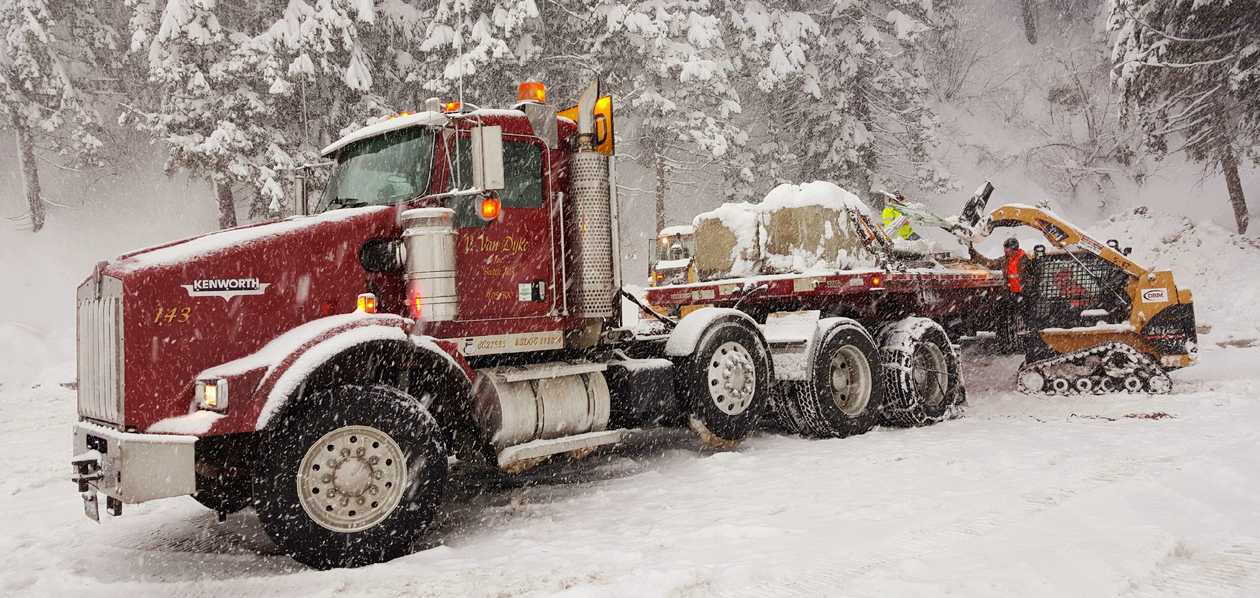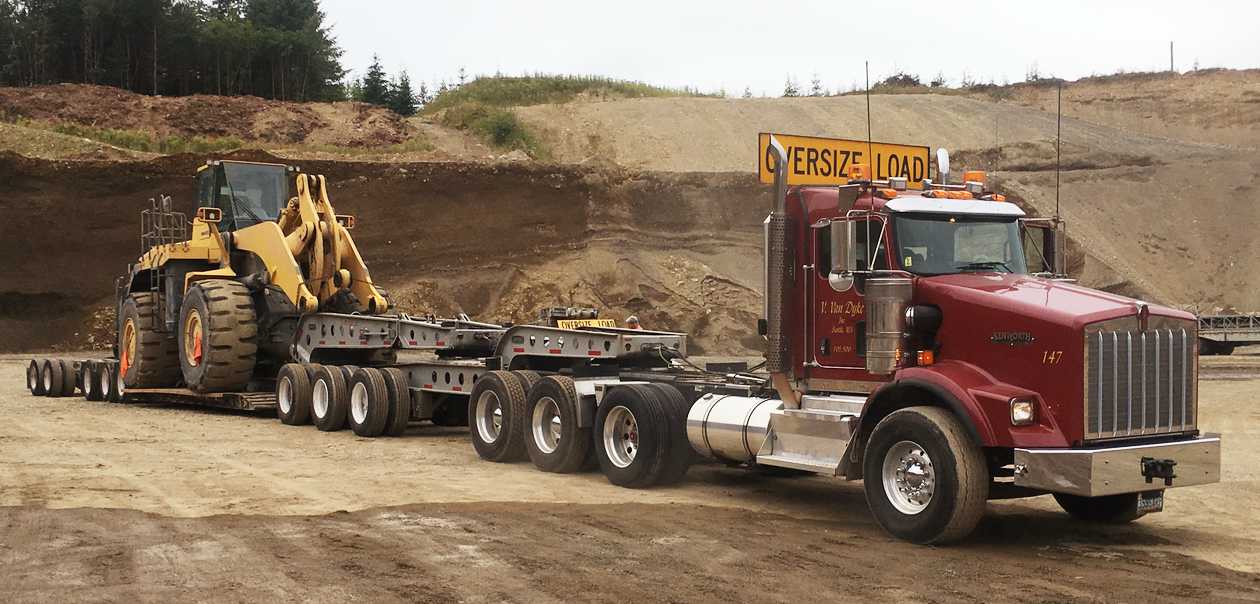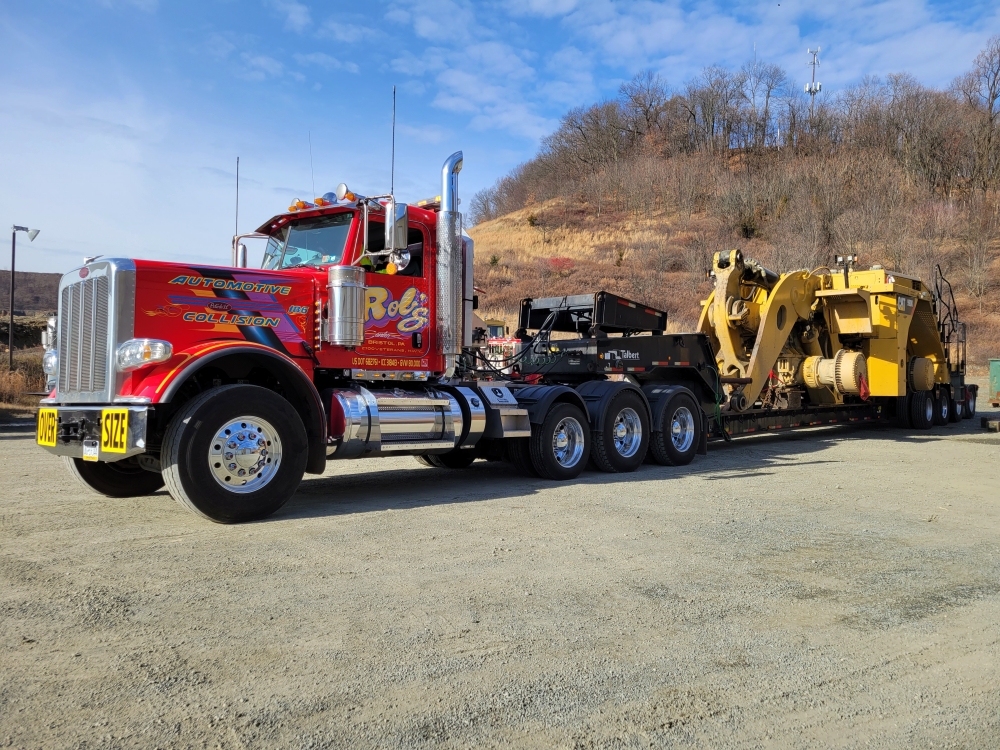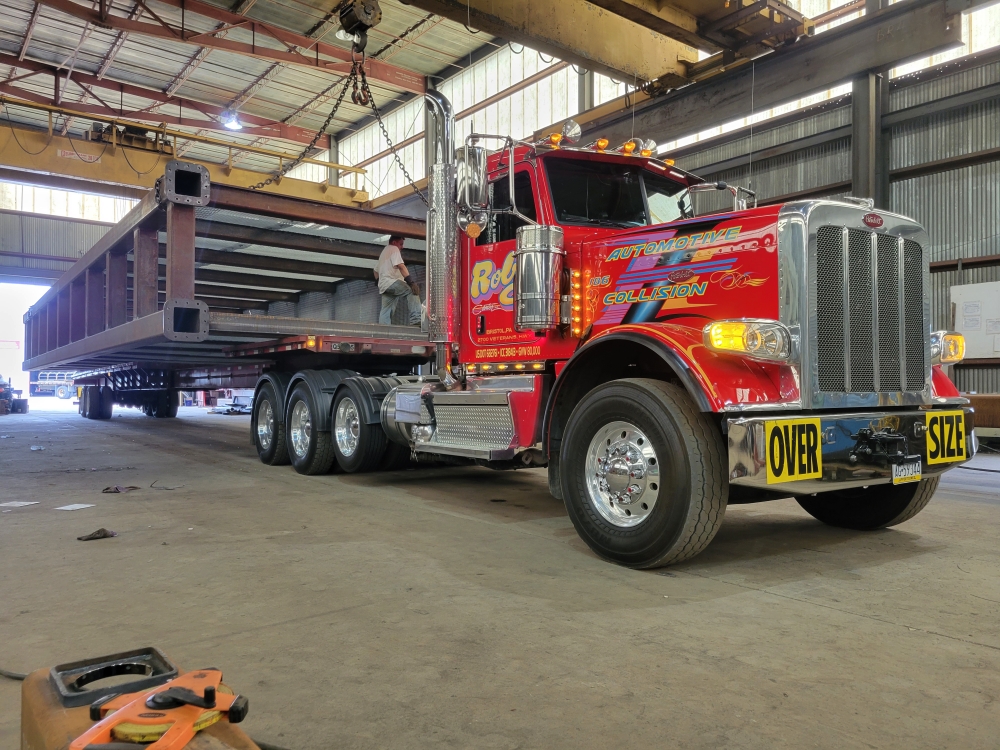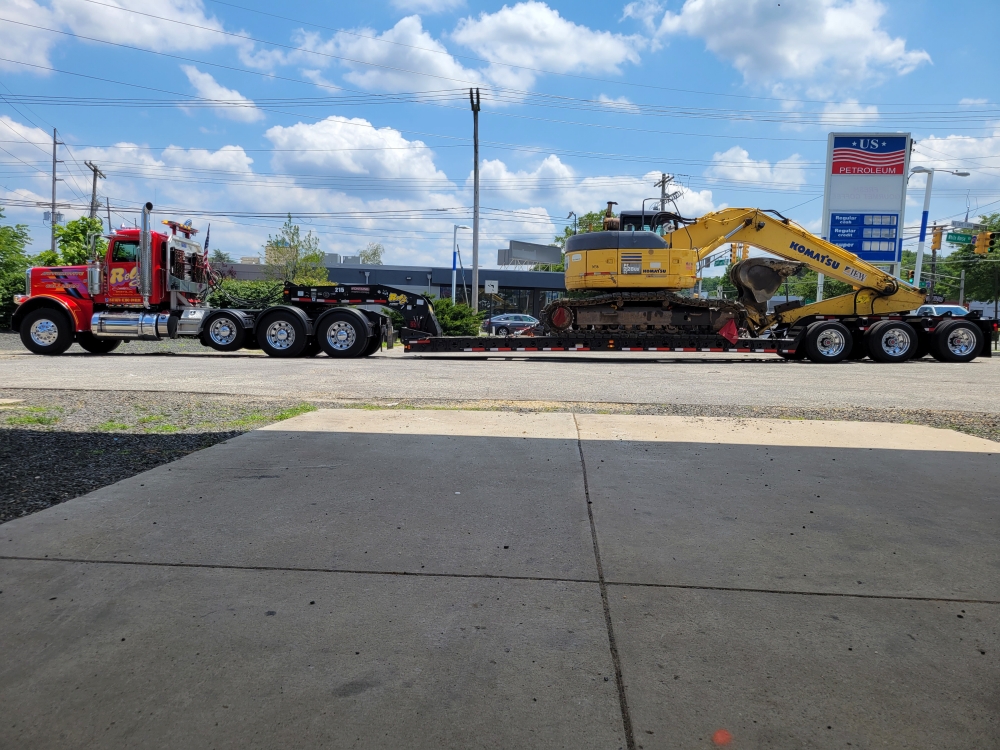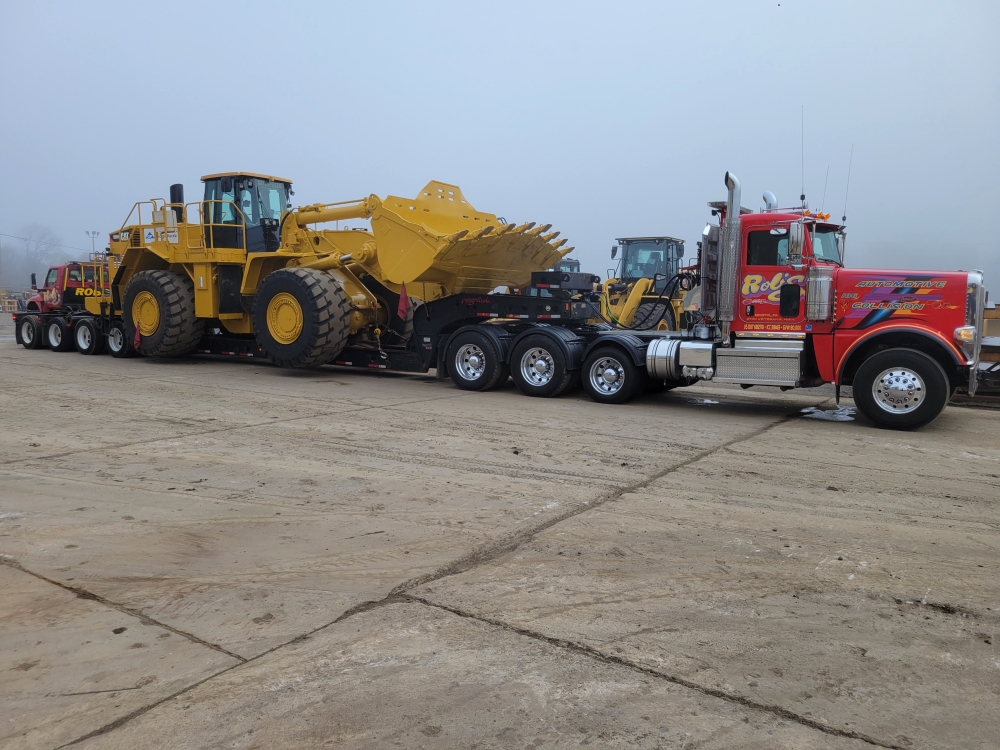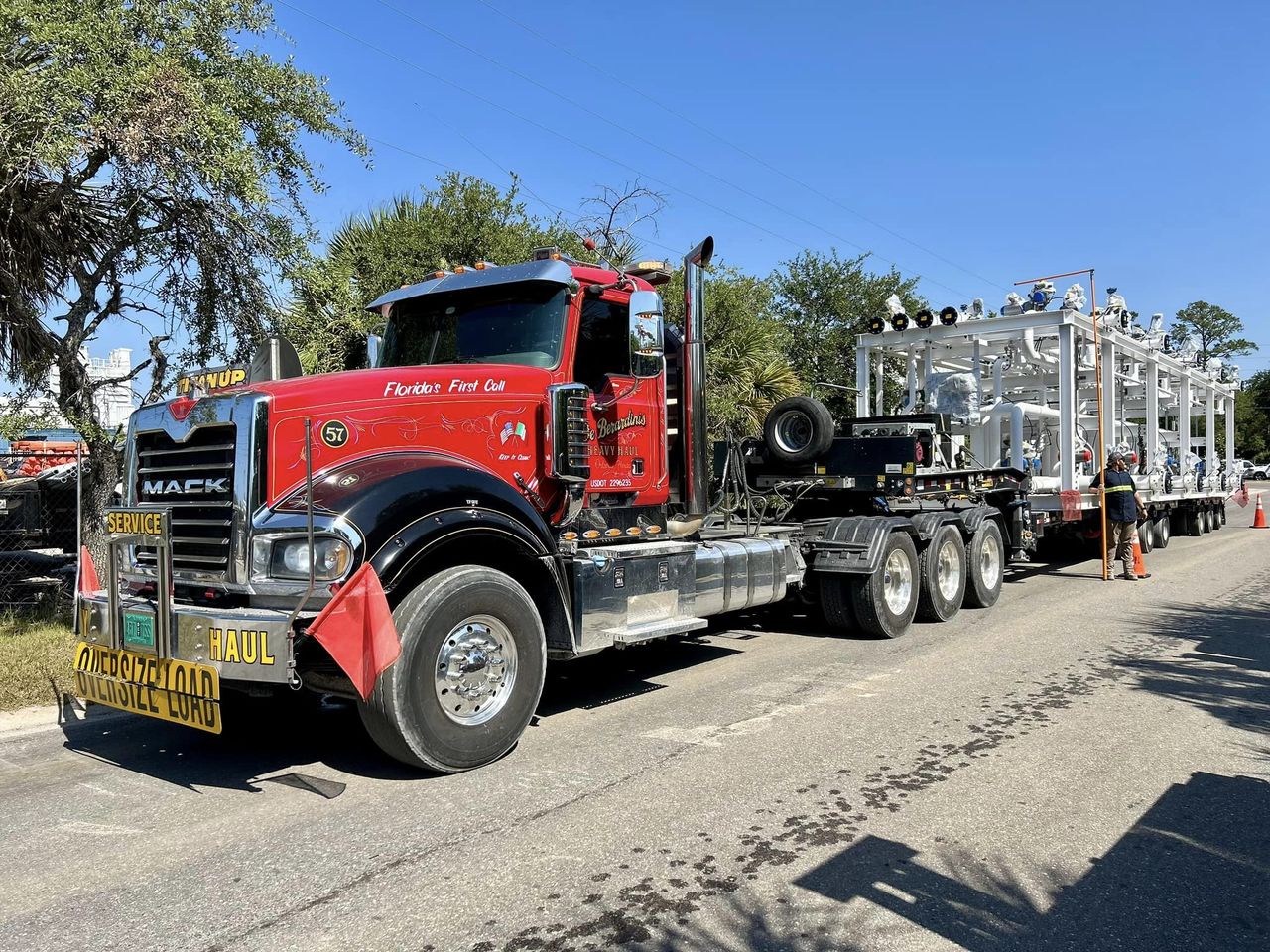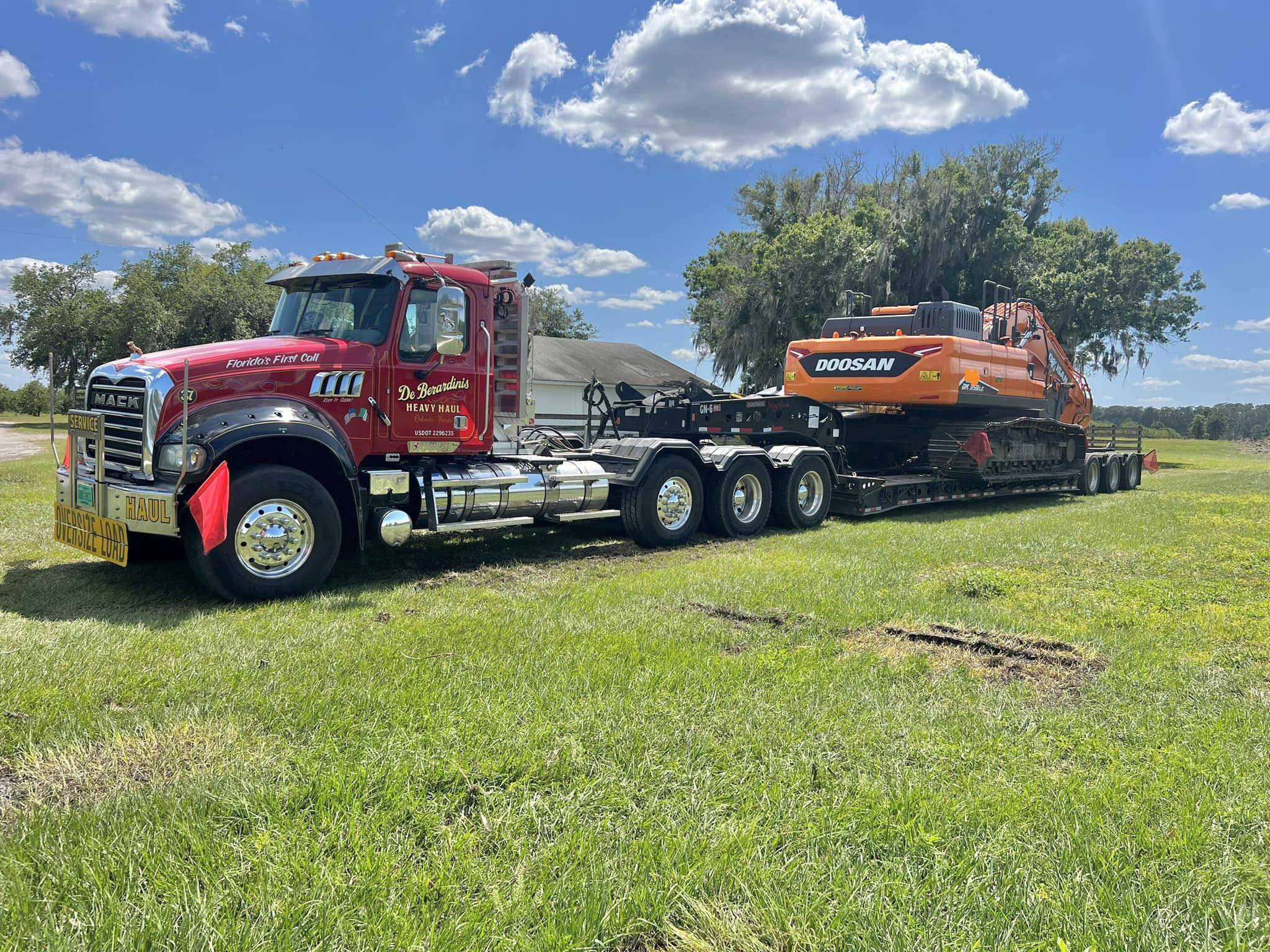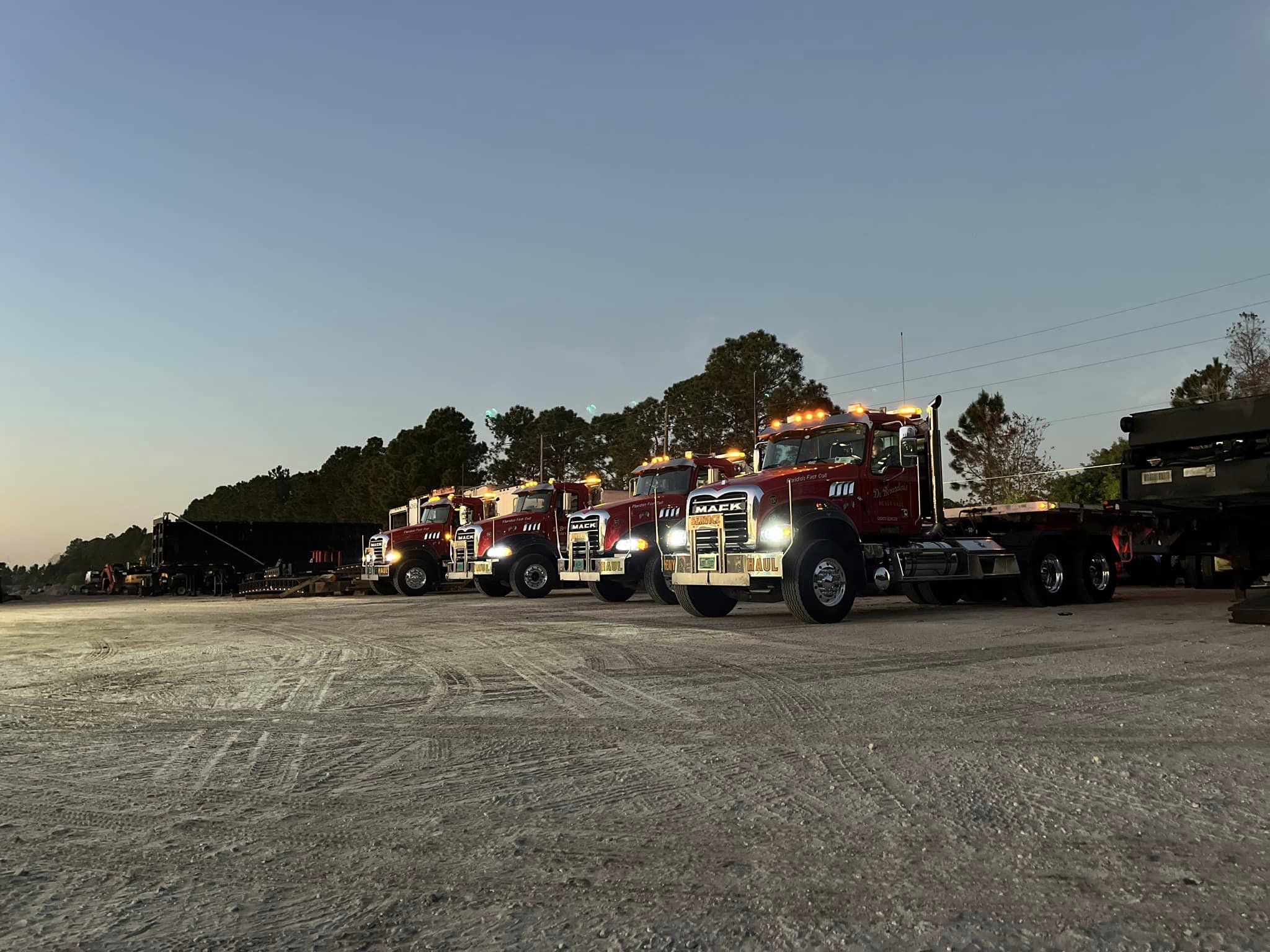| Heavy Hauling Service | Heavy Hauling Service | Heavy Hauling Service |
|---|---|---|
| V. Van Dyke, Inc. | Rob’s Commercial Hauling | Deberardini Heavy Haul |
| More information | More information | More information |
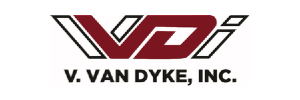 |
 |
 |
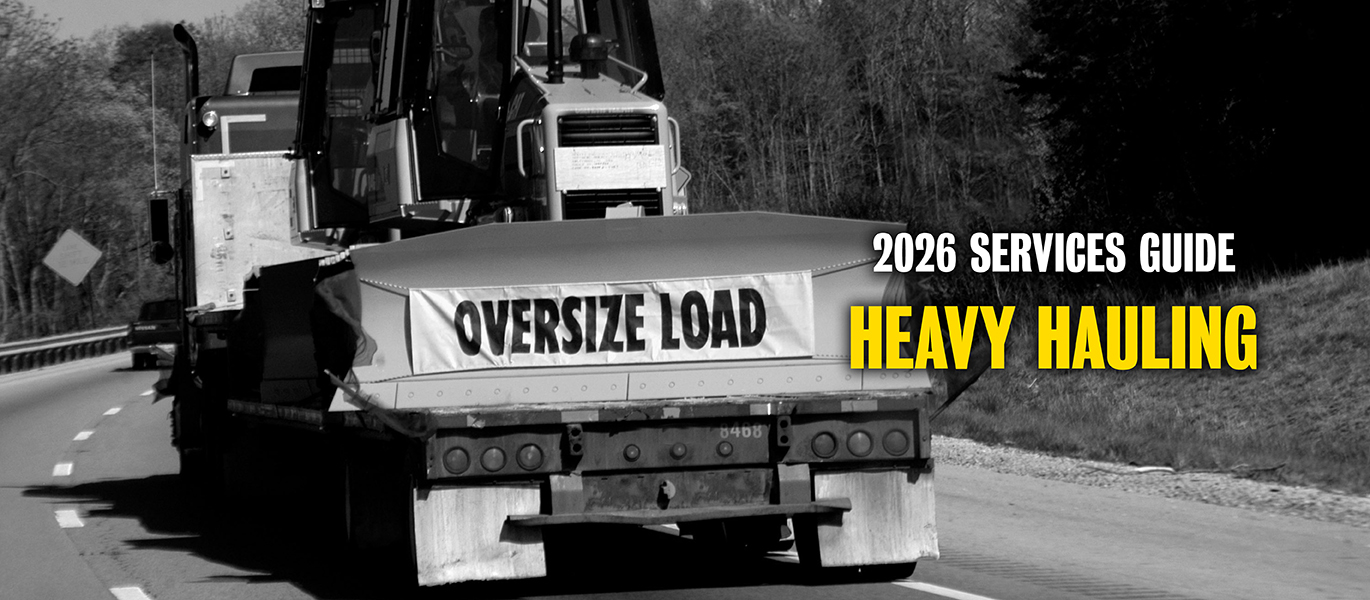
Pile Buck's Top Recommended Service Providers
This guide is designed for contractors and other construction professionals who require the transportation of oversized and overweight loads—such as large pile hammers, pile driving rigs, drilling rigs, and barges—which are essential for site operations. It covers key considerations such as load weight and dimensions, route planning, the acquisition of necessary permits, and safety protocols to ensure efficient and compliant transportation processes.
Understanding Heavy Hauling
Heavy hauling refers to the transportation of oversized or overweight loads that cannot be carried by standard shipping methods due to their large dimensions or weight. In the construction sector, especially within deep foundation and marine projects, heavy hauling is critical as it involves moving large pieces of equipment that are essential for site operations. Common types of equipment hauled include large pile hammers, pile driving rigs, drilling rigs, and barges.
Key Considerations in Heavy Hauling
When it comes to heavy hauling, key considerations to consider includes…
The weight and dimensions of the load determine the type of trailer needed and the potential for special permits. It’s crucial to adhere to local and national regulations regarding load limits on roads and bridges.
Route planning involves mapping out a path that can accommodate the heavy load—considering factors like bridge capacities, road widths, and height restrictions. Route planning also needs to account for construction zones, traffic patterns, and possible road closures.
Effective heavy hauling requires proactive collaboration with authorities to ensure compliance with road use and secure necessary approvals. This involves potentially coordinating with police for escort services or municipal authorities to manage roadside obstacles.
Depending on the load and the route, various permits may be required. These can include state or provincial permits for oversized loads, as well as specific permits for road and bridge travel.
Prior to transport, it’s crucial to perform thorough checks and maintenance on all equipment—including trailers and securing devices. Regular inspections help prevent equipment failure and ensure safety compliance throughout the transport process.
Ensuring the safety of both the transport crew and the general public is paramount. This includes securing the load properly, using escort vehicles if necessary, and following all prescribed safety protocols.
Despite thorough planning, unexpected events can occur—making it essential to have contingency plans that include alternative routes and emergency response strategies. This preparedness minimizes downtime and ensures quick, effective responses to any situation.
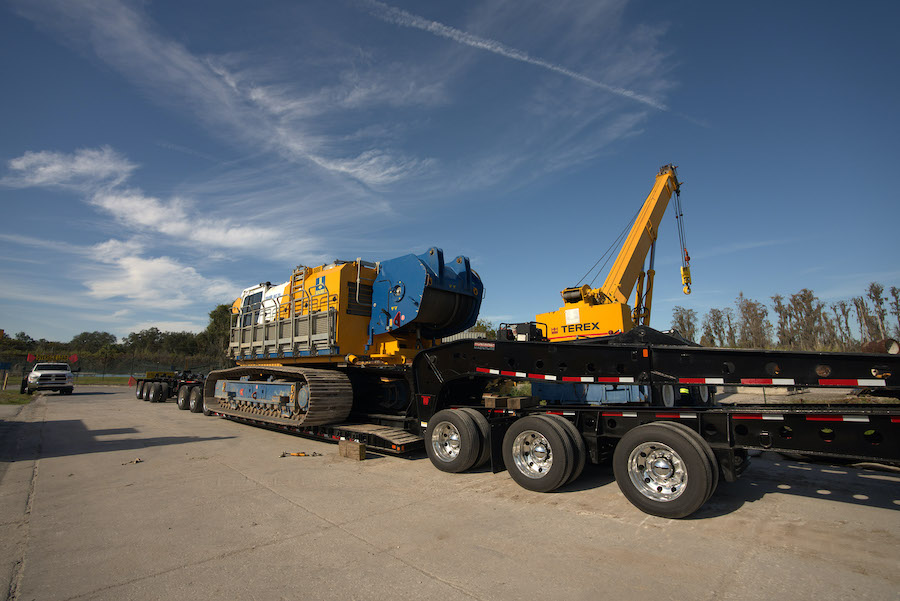
Troubleshooting Common Issues
Common challenges to watch out for in heavy hauling include:
- Mechanical failures:Stress from transporting heavy loads can lead to breakdowns in trucks, trailers, and other critical equipment.
- Permit delays:Bureaucratic slowdowns can impede the timely acquisition of necessary transport permits, causing project delays.
- Unexpected route obstructions:Road closures, accidents, or severe weather conditions can force unplanned route changes.
- Weight and size limitations:Navigating the legal and physical limitations for oversized loads can be complex, particularly over varied jurisdictions.
- Communication breakdowns:Inadequate communication between drivers, dispatchers, and route managers can lead to inefficiencies and errors.
- Driver fatigue:Long hauls and challenging schedules can lead to driver fatigue, posing safety risks.
- Equipment availability:Availability of appropriate trailers and support vehicles can sometimes be limited, causing delays.
Practical solutions and preventative measures include:
- Regular maintenance:Ensure all vehicles and equipment undergo thorough maintenance checks before and after each transport.
- Early permit application:Begin the permit application process well in advance and engage actively with permitting authorities.
- Planning alternative routes:Develop alternative routing plans in advance to quickly adapt to unexpected road conditions.
- Investment in technology:Use real-time tracking and route management software for live updates and better route planning.
- Clear communication channels:Establish robust communication protocols among all parties involved in the hauling process.
- Rest periods for drivers:Implement strict rest period policies to combat driver fatigue and ensure safety.
- Resource allocation:Plan for equipment and vehicle availability well in advance to avoid last-minute shortages.
These structured approaches help enhance the reliability and efficiency of heavy hauling operations, minimizing disruptions and maintaining project timelines.
Innovative Technologies and Trends
The heavy hauling industry is undergoing significant transformation due to technological advancements. GPS tracking systems have become essential, offering real-time monitoring that enhances route management and responsiveness to dynamic road conditions. Automated steering systems are another innovative technology, improving the precision and safety of navigating large vehicles. In addition—the integration of telematics and data analytics helps optimize vehicle performance, fuel efficiency, and maintenance schedules by providing valuable insights into the operations.
Environmental sustainability is also becoming a priority in heavy hauling. Many companies are transitioning to alternative fuel vehicles, such as electric and hybrid trucks, which help reduce emissions and fuel consumption. Efforts to manage carbon footprints are increasing, with strategies including route optimization to cut down on drive times and emissions. Furthermore, there is a growing focus on the recycling and reuse of construction materials during transportation processes to minimize environmental impact.
Looking to the future, several trends are poised to reshape the industry. Modular construction is impacting heavy hauling as the demand for transporting pre-fabricated modules requires specialized logistics and handling. Drones are increasingly used for route scouting, providing a bird’s-eye view to identify potential obstacles and assess infrastructure before the transportation process begins. In addition, the development of autonomous vehicles promises to revolutionize the industry by enhancing safety and operational efficiency.
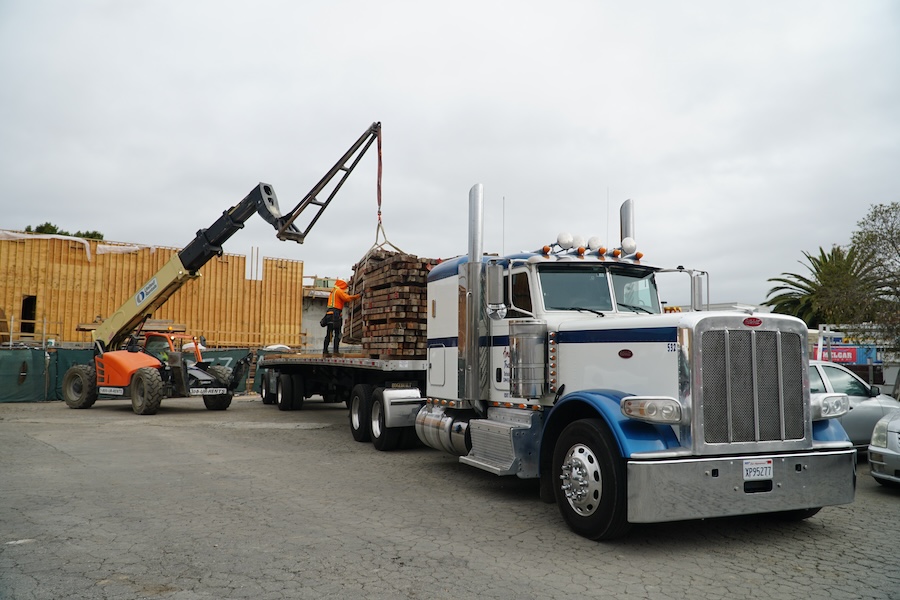
Service Providers
The heavy hauling sector supports a spectrum of service providers from large, versatile companies to specialized firms focused on particular types of hauls or geographic areas. Top providers in this field are distinguished by their advanced technological resources, extensive experience, and stringent adherence to safety and environmental regulations. Ideal company profiles emphasize their longevity in the industry, major accomplished projects, technological capabilities, and testimonials from clients—showcasing their reliability and expertise.
When choosing a heavy hauling contractor, it’s essential to consider several key factors to ensure the success of your project. The provider’s experience and specialization in transporting oversized and heavyweight loads are critical—companies with a proven track record and direct experience in your project’s specific needs are generally more reliable. The condition and appropriateness of the contractor’s equipment also play a vital role, as modern and well-maintained fleets reduce the risks of delays and accidents.
Furthermore, it’s crucial to ensure that the contractor holds all necessary licenses and insurances—complying with national and regional regulations. Evaluating their financial stability is also important to ensure they can sustain the project’s demands without interruption. Feedback from past clients can offer valuable insights into the contractor’s reliability and the quality of their service. Lastly—the contractor’s ability to tailor their services to the specific requirements of your project, along with their customer service and technical support, should also be considered.
PILE BUCK’S TOP RECOMMENDED HEAVY HAULING SERVICE PROVIDERS
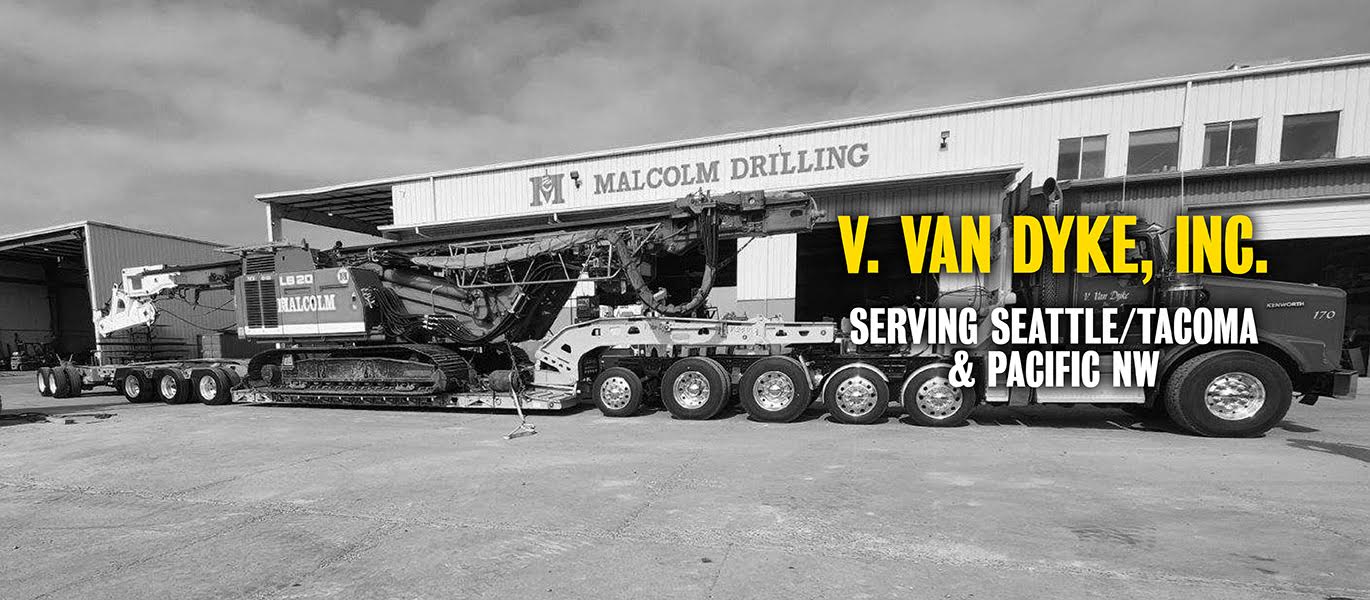
About
Services
- Girders
- Sumner – Warehouse
- Puyallup – Storage Railsiding Transloading
- Lowbed/Flatbed
V. Van Dyke, Inc.
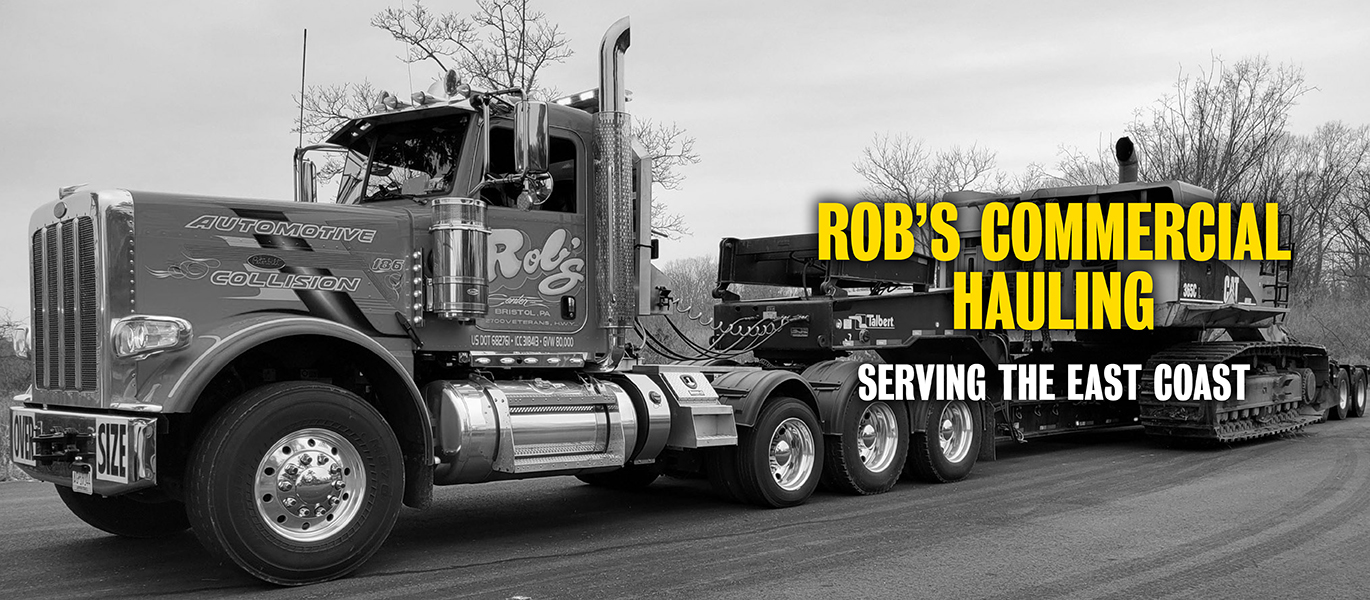
About
Rob’s is a full-Service Repair Facility, specializing in Automotive Repair, Auto Collision, Heavy Duty Mechanical, Trailer, Truck Collision, Towing and Hauling plus Recovery. Over 40 years as an industry leader Rob’s continues to do Business with a Genuine Concern for Quality & Customer Satisfaction. Rob’s Commercial Hauling Division follows these principles and is capable and equipped to handle all Commercial Hauling needs. Services include Heavy Hauling, Oversize Moves, Permit Moves, Permits Processed on Site, Beam Trailers, Detachable Trailers with low ground clearance for larger moves. Pintle Hook Service, Toter Service (mobile and office trailers), Landoll Service, Container Trailer for fast loading and unloading, High Reach, Scissor Lift, Forklifts, Back Hoes and Bulldozers. We also handle all Power Service transportation and hauling including 5th Wheel Service, Generator Deliveries, Empty Trailer Deliveries and numerous other capabilities. Allowing us to accommodate any special requests regarding Commercial operating or hauling needs. Rob’s Commercial Hauling can haul anywhere in the U.S.
Services
- Heavy Hauling
- Oversize Moves
- Permit Moves
- Permits Processed on Site
- Beam Trailers
- Detachable Trailers with low ground clearance for larger moves
- Pintle Hook Service
- Toter Service (mobile and office trailers)
- Landoll Service
- Container Trailer for fast loading and unloading
- High Reach, Scissor Lift, Fork Lifts, Back Hoes and Bulldozers.
Rob’s Towing & Hauling Division
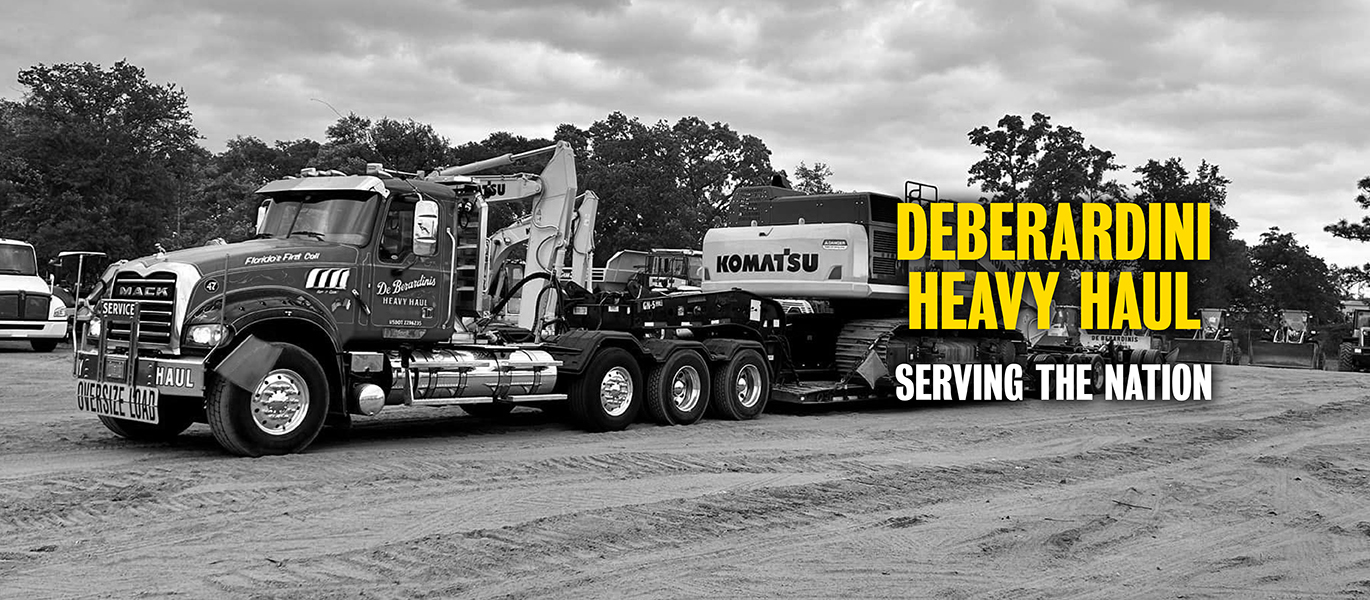
De Berardini Heavy Haul was incorporated in 2007 with one truck and lowboy trailer. The owner and operator Lou De Berardinis III was faced with multiple challenges. Being a young man and a new company in town were the least of his worries as the economy collapse before his eyes. Central Florida was one of the hardest hit cities, not to mention the trucking industry saw its biggest decline in history but the company managed to survive by hard work, determination and commitment to providing superior service to every customer.
In 2013 De Berardini Heavy Haul added a second truck, landoll & drop deck trailer into the fleet. As the economy begin to see recovery De Berardini Heavy Haul continues to see growth and success. We recently added a faymonville highway max and aspen dual lane perimeter frame to our fleet this year to expand our capabilities up to 16 axles and payloads up to 125 ton.
Currently as a leading heavy haul company De Berardini Heavy Haul is capable of handling every aspect of our customers needs with our elite and efficient services. We specialize in over dimensional loads and specialized transport throughout Florida. Our team of heavy haul experts allows us to outperform our competition and set us apart from other transport companies as they are passionate about the success and safety of our customers. As a result we are determined as a whole to keep earning your business for years to come.
Services
- Heavy transport
- Oversize and over width
- Winch Ons
- Super loads
- Specialized rigging
- Power only
- Escorting
- Route feasibility and planning
- Turn key project management

